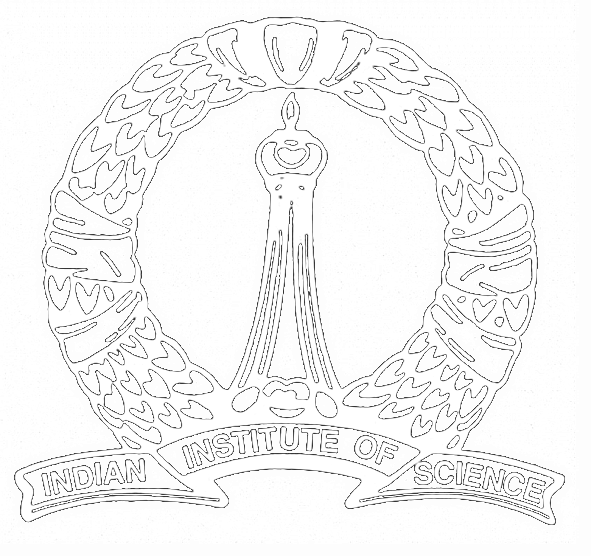Number Theory Seminar
Title: About the unit $1^1.2^2.3^3.4^4....((N-1)/2)^{(N-1)/2}$ modulo a prime number $N$
Speaker: Loïc Merel (Institut de Mathematiques de Jussieu, Paris, France)
Date: 28 September 2023
Time: 11.30 am
Venue: LH-1
Let $N$ be a prime number $>3$. Mazur has defined, from the theory of modular forms, a unit $u$ in $\mathbb{Z}/N$. This unit turned out to be, up to a $6$-th root of unity,$\prod_{k=1}^{(N-1)/2}k^k$.
In this talk we will describe how the unit is connected to various objects in number theory. For instance:
–The unit $u$ can be understood as a derivative of the zeta function at $-1$, (despite living in a finite field).
– Lecouturier has shown that this unit is the discriminant of the Hasse polynomial: $\sum_{i=0}^{(N-1)/2}a_i X^i$ modulo $N$, where $a_i$ is the square of the $i$-th binomial coefficient in degree $N$.
– Calegari and Emerton have related $u$ to the class group of the quadratic field $\mathbb{Q}(\sqrt{-N})$.
For every prime number $p$ dividing $N-1$, It is important to determine when $u$ is a $p$-th power in $(\mathbb{Z}/N)^*$.
If time allows, I will describe the connections to modular forms and Galois representations, and the general theory that Lecouturier has developed from this unit. For instance,when $u$ is not a $p$-th power, a certain Hecke algebra acting on modular forms is of rank $1$ over the ring of $p$-adic integers $\mathbb{Z}_p$ (the original motivation of Mazur). The unit plays an important role in the developments around the conjecture of Harris and Venkatesh.
- All seminars.
- Seminars for 2023
